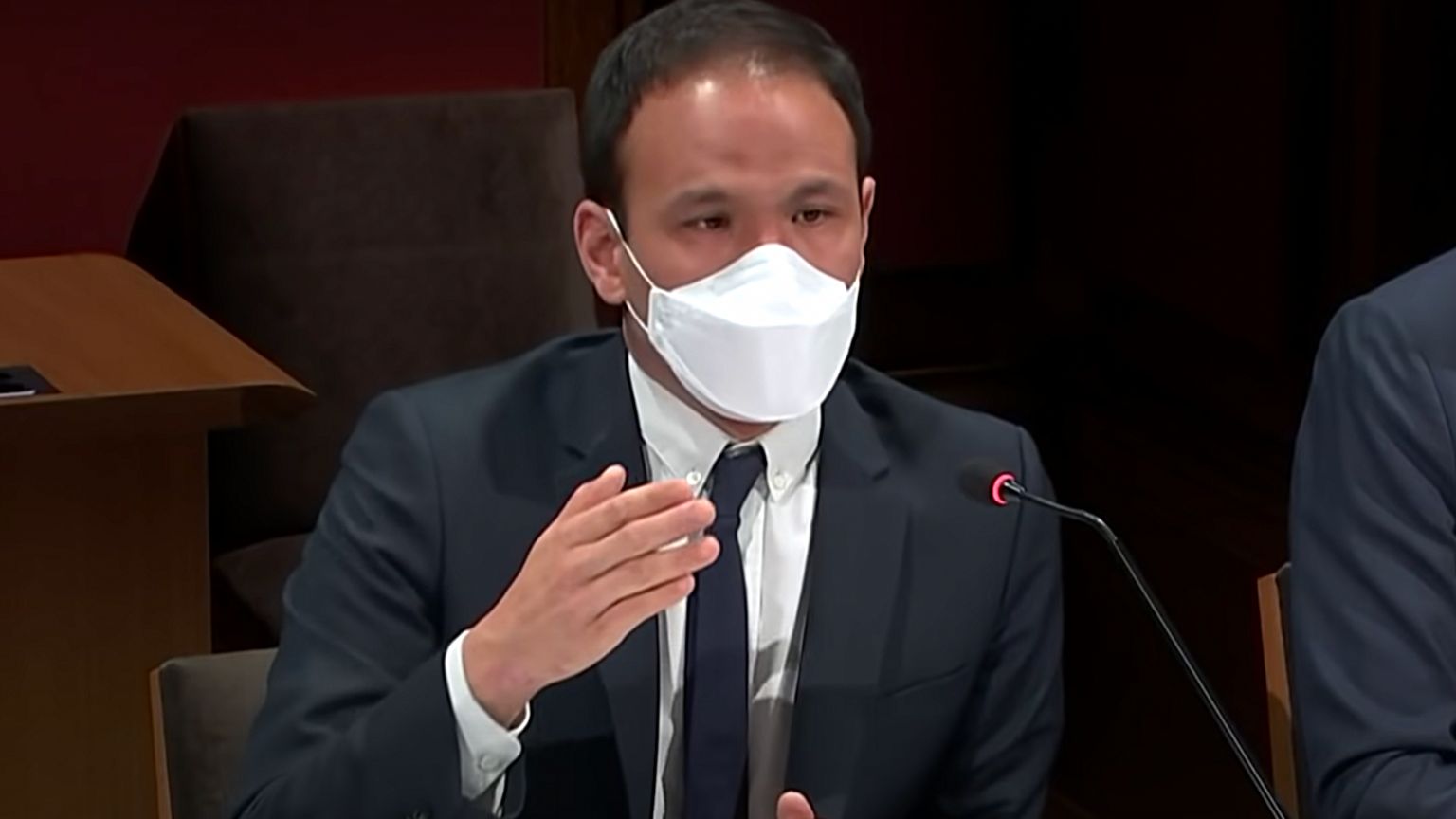Telecom ministers from European countries have asked the major online platforms to ensure they have the adequate capacity to handle “misinformation” in Central and Eastern Europe, which they say are the major targets of Russian propaganda.
On March 8, officials from EU governments and representatives from the major online platforms met in France to discuss how to fight disinformation being spread by the Russian government. Initially, the agenda of the informal meeting was the Metaverse, how to bring more women to the technology sector, and environment. The agenda was changed in light of the Russian invasion of Ukraine.
In a joint statement, the ministers said: “The battles initiated by Russia in the current conflict are raging not only on the ground but also on the internet.”
France’s digital minister Cédric O said that online platforms had made some efforts to fight Russian propaganda, adding that the accounts of Russian state-controlled media outlets Sputnik and RT have been removed on the major platforms. However, O said it was important to put “pressure on the platforms to do even more.”
During the meeting, the ministers made two requests, according to a report by EURACTIV. They asked the platforms to respond to take down requests from governments more quickly. And, they asked them to increase their content moderation teams in the languages spoken in Central and Eastern Europe.
“The major platforms must strengthen their fact-checking capabilities. They need to make sure to have enough native speakers and local contact points on the ground. This must be the case in all European countries, especially the ones in Central and Eastern Europe, which have been prime targets of Russian propaganda in the past,” Slovenia’s digital minister Mark Boris Andrijanič told EURACTIV.
On their part, online platforms asked for more clarity in the region’s regulatory framework, something that is supposed to be addressed in the upcoming Digital Services Act (DSA).
The DSA, which is in the final stages, will contain content moderation rules that online platforms must follow or risk fines.








